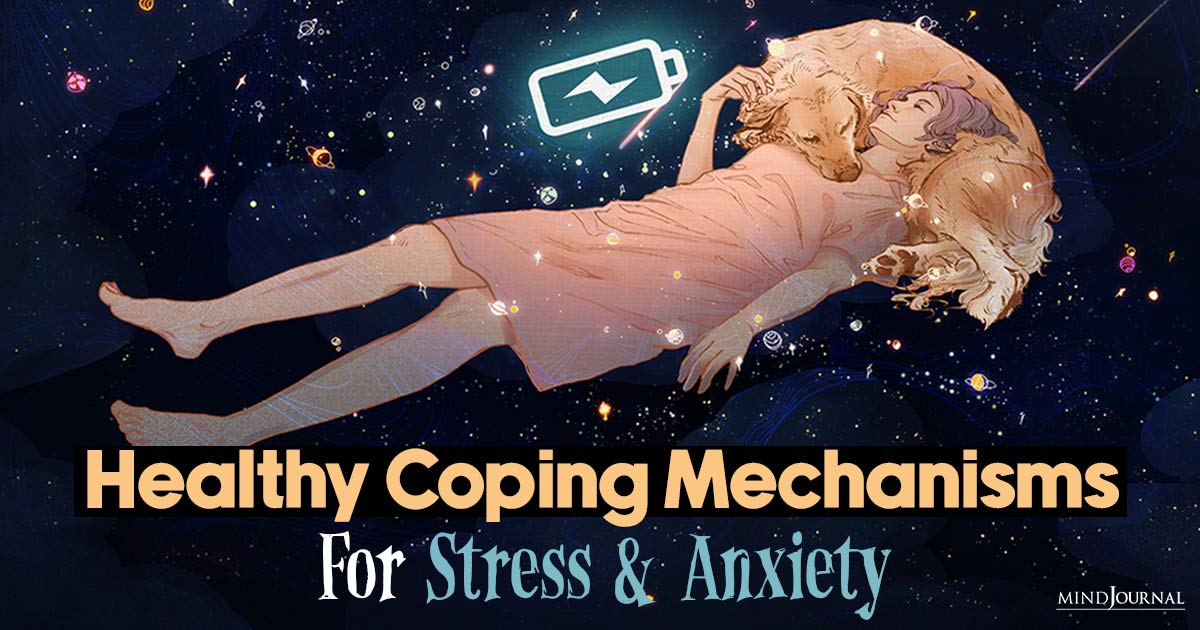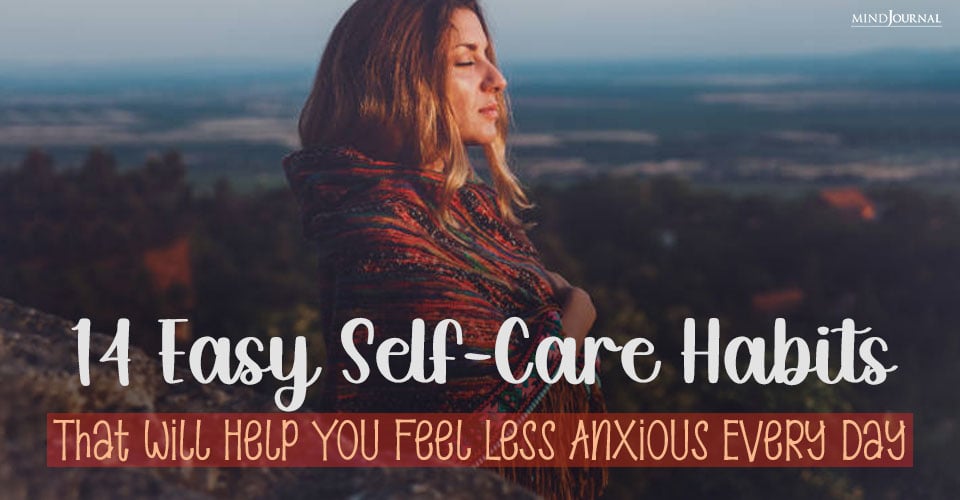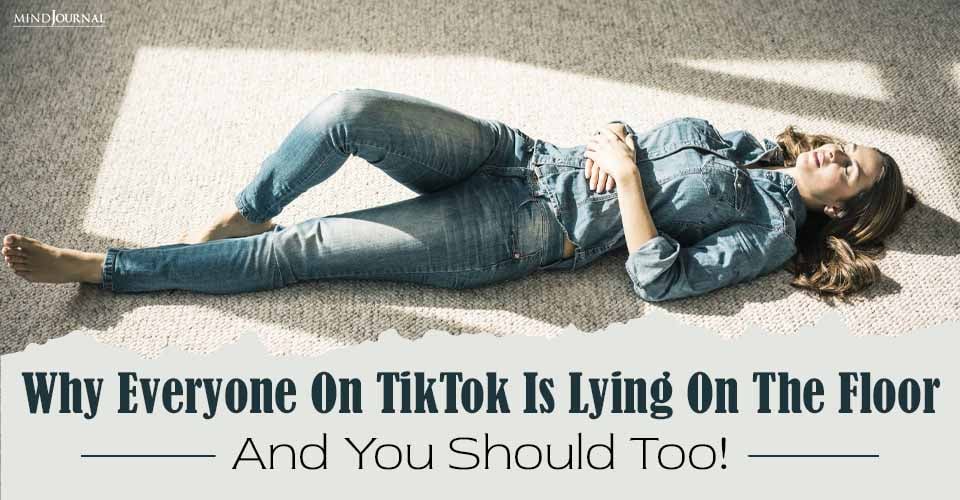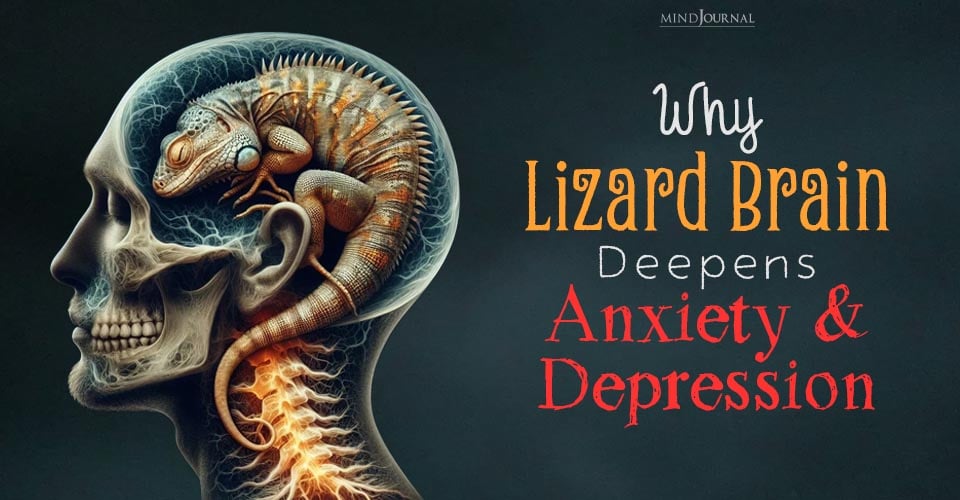Have you ever found yourself overwhelmed by stress or anxiety, desperately seeking a way to alleviate the emotional burden? Life’s challenges can take a toll on our mental well-being, but there are healthy coping skills that can empower us to navigate these difficulties with resilience and grace.
Today, we will explore what is a healthy coping mechanism, delve into examples of healthy coping strategies, and highlight the most powerful methods for managing stress and anxiety.
By the end, you will have a toolkit of practical techniques to enhance your emotional well-being and lead a healthier, more balanced life.
What is a Healthy Coping Mechanism?
At its core, a healthy coping mechanism is a constructive and positive way of managing stress, anxiety, and other emotional & psychological challenges. It involves adopting strategies that promote emotional well-being, resilience, and personal growth, without resorting to harmful behaviors or negative habits.

These skills enable us to process and express our emotions in a positive manner, fostering personal growth and resilience. Rather than suppressing or avoiding our feelings, healthy coping skills allow us to confront and manage them effectively, promoting overall well-being.
Related: Understanding Avoidance Coping Mechanism: Why We Avoid And How to Cope
Examples of Healthy Coping Strategies
Here are some of the most effective and helpful examples of healthy coping mechanisms for stress and anxiety –
1. Expressive Writing
One of the simplest yet most powerful coping strategies is expressive writing. By putting our thoughts and feelings on paper, we can gain clarity, release pent-up emotions, and develop a greater understanding of ourselves.
Regular journaling can provide an outlet for stress and anxiety, allowing us to express our innermost thoughts without judgment.
2. Mindfulness and Meditation
Mindfulness practices cultivate a state of present-moment awareness, helping us detach from negative thoughts and emotions. Meditation, deep breathing exercises, and guided imagery can be invaluable tools for reducing stress and promoting relaxation.
These techniques allow us to observe our thoughts and emotions from a place of non-judgmental acceptance, enabling us to respond to stressors with greater calm and clarity.
3. Physical Exercise
Engaging in regular physical activity is not only beneficial for our physical health but also an effective way to manage stress and anxiety. Exercise releases endorphins, the body’s natural mood-elevating chemicals, which can improve our overall well-being.
Whether it’s going for a brisk walk, practicing yoga, or participating in a team sport, finding an activity that brings you joy can significantly reduce stress levels.
4. Healthy Sleep Habits
Sleep plays a crucial role in our mental and emotional well-being. Establishing a consistent sleep routine, practicing good sleep hygiene, and prioritizing restful sleep can enhance our ability to cope with stress.
Aim for seven to nine hours of quality sleep each night to recharge your body and mind.
5. Social Support
Building and maintaining strong social connections is vital for healthy coping. Sharing our struggles, seeking support, and connecting with loved ones can provide comfort and validation.
Surrounding ourselves with positive and supportive individuals creates a sense of belonging and fosters resilience during challenging times.
Related: How Mindfulness Can Improve Your Overall Mental Health

Most Effective Healthy Coping Mechanisms for Stress and Anxiety
Wondering what are some healthy coping mechanisms for anxiety and stress? Here are some helpful tips and strategies –
1. Cognitive Restructuring
This technique involves challenging and reframing negative thoughts. By identifying and replacing self-defeating beliefs with more positive and realistic ones, we can reduce anxiety and improve our overall outlook. A therapist or counselor can provide guidance in this process.
2. Self-Care Rituals
Engaging in self-care activities nurtures our well-being and promotes healthy coping. This may include taking soothing baths, practicing relaxation techniques, engaging in hobbies, or indulging in activities that bring joy and fulfillment.
3. Seeking Professional Help
If stress and anxiety become overwhelming and interfere with daily life, seeking professional help is a wise choice. Therapists, counselors, and other mental health professionals can offer guidance, support, and evidence-based therapies tailored to your specific needs.
4. Healthy Lifestyle Choices
Adopting healthy lifestyle habits can significantly impact our ability to cope with stress and anxiety. This includes –
- Maintaining a balanced diet
- Limiting caffeine and alcohol intake
- Avoiding unhealthy coping mechanisms such as substance abuse or excessive screen time
Case Study: Sarah’s Journey Towards Healthy Coping Skills
Let’s consider a case study to understand the concept of healthy coping mechanisms for anxiety and stress better:
Sarah, a 32-year-old marketing executive, was overwhelmed by work stress and personal responsibilities. She embarked on a journey to develop healthy coping mechanisms. She began expressive writing, using a journal to process her emotions and identify stress triggers. This practice brought clarity and relief, helping her understand her emotions.
Sarah also embraced mindfulness and meditation, fostering inner peace and emotional control. Seeking social support, she confided in loved ones, finding validation and comfort in their understanding. Prioritizing a healthier lifestyle, she exercised and maintained a balanced diet.
Recognizing the need for professional help, she consulted a therapist who taught her cognitive restructuring techniques to challenge negative thoughts. This led to reduced stress and enhanced emotional well-being.
Sarah’s commitment to healthy coping transformed her life, reducing stress and improving resilience. Embracing strategies like expressive writing, mindfulness, social support, a healthy lifestyle, and professional guidance can foster emotional balance and well-being.
Adopting constructive coping mechanisms, as Sarah did, helps manage stress and anxiety effectively, nurturing emotional well-being and resilience.
Related: 10 Signs Your Mental Health Is Finally Improving

Takeaway
Developing healthy coping skills is essential for navigating life’s challenges with resilience and maintaining mental well-being. By incorporating these strategies into our daily lives, we can effectively manage stress and anxiety while fostering personal growth and emotional balance.
Remember, healthy coping is a journey that requires practice and self-compassion. Embrace the power of healthy coping skills and experience the transformative impact they can have on your overall well-being.
Disclaimer: This article is for informational purposes only and is not intended as a substitute for professional mental health advice, diagnosis, or treatment. While we strive for accuracy, we do not guarantee the completeness or reliability of the information provided. Readers should always seek guidance from a qualified mental health professional for any concerns regarding their mental well-being.
Frequently Asked Questions (FAQs):
What is the healthiest coping mechanism?
The healthiest coping mechanism varies for individuals but often includes a combination of exercise, mindfulness, social support, and seeking professional help.
What is considered a healthy coping mechanism?
Healthy coping mechanisms include exercise, mindfulness, expressive activities, seeking social support, and professional help for managing stress, anxiety, and emotional challenges effectively.
What is a healthy coping style?
A healthy coping style involves using constructive strategies like communication, self-care, stress management, and seeking support to manage life’s challenges.










Leave a Reply